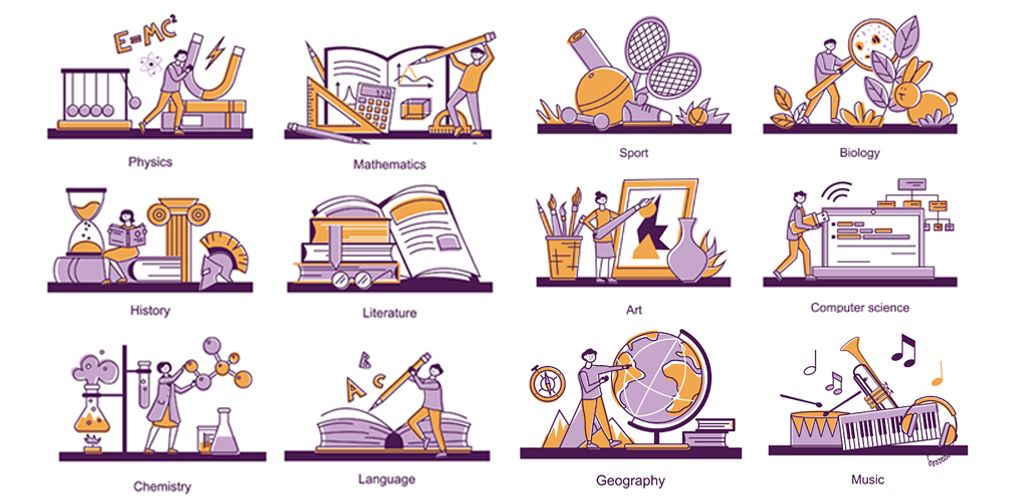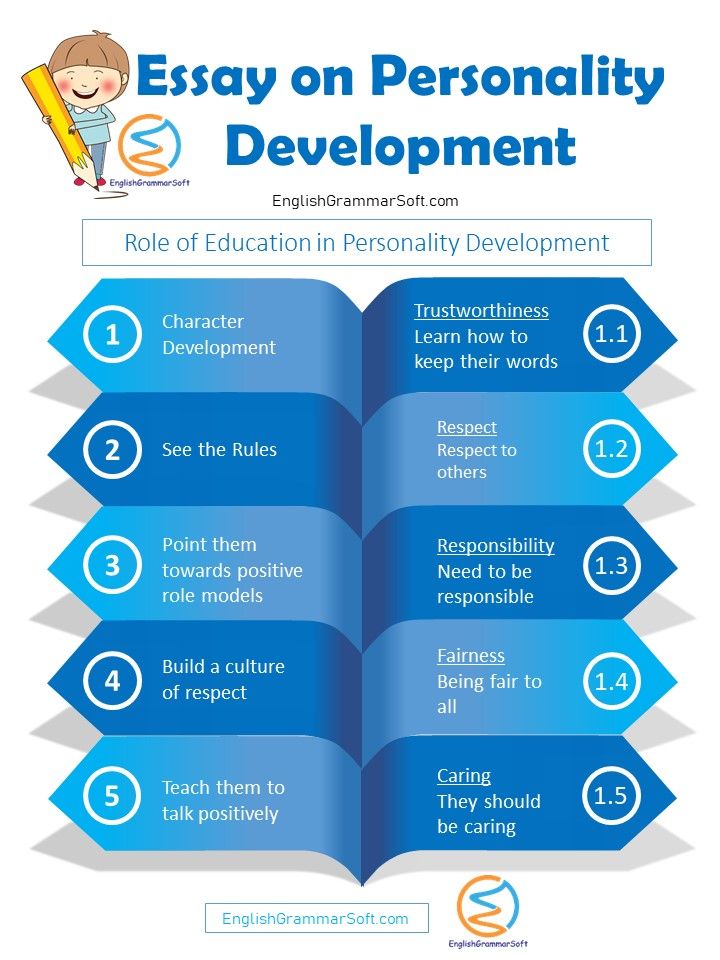The Impact of School Life
By Mautushi Paul |
Date 08-08-2024

Table of Contents
Admissions Open for
Introduction
‘School life’ is the time we all want to relive.
The time when we came across some of the most beautiful moments of our life.
School life may be viewed negatively often, as it is limited only to huge books, teachers, and challenging exams, but going to school is actually a fun activity, as it allows individuals to learn about different new things, and get to know new people with the same interests or with different interests. It increases children’s knowledge; it also allows interacting with many others.
It is the place where a critical transition point is marked in every individual’s life. As it is the most profitable investment for a child’s growth: a process that lasts a lifetime and which does not only refer to traditional educational institutions but a multiplicity of phenomena without which there would be no balanced, stable and widespread development.
“School life was a lot of fun. It was one of the best phases of my life”- Rahul Dravid.
The first day of school is often marked by special events and deep social and individual significance. It is special for both the child and the parents as education will vastly increase the opportunity for the kid to grow well. He will have a sense of freedom. And we all know freedom cannot be achieved without proper school education. It is a human right that possesses an immense power of transformation, the most traditional and least conspicuous way to elevate oneself socially. The more educated the person is, the more likely he is to avoid being oppressed and exploited by the social situation. The goal of this educational stage is the balanced development of the physical, emotional, intellectual, social, and moral capacities of the child.
After all school is a place which gives us knowledge of the world around us.
School- The Encyclopedia Of Children’s Life

Childhood in school, especially the first years, is the stage that influences our life. In it, the foundations of what we will later become as adults are laid. In it, we acquire the values and principles that will determine our behavior, both individually and socially.
It is the moment of our life in which, among many other things, we appropriate the language and the social codes with which we live and, above all, we approach the culture in which we are immersed.
A school is a place where a child develops his personality with integrated development through education and learning to become a good community member.
“In the area of education, the school has built my basics and my foundation” – Rahul Dravid.
It is well known that the primary role of the school is education, but the work does not stop here. As school is the second environment in which the child grows and prepares him for future life. School plays a significant role in every child’s development as it is a chain that improves cognitive skills.
The Process of Personality Development in School Life
There is a significant impact of school life on children’s personality development. The spaces for interaction and school coexistence create a micro-social environment. The attitude and behavior of students reflect social habits. Hence there is a cycle that revolves around the personality development of the child. Here’s how:
- This impact accompanies the attitude in the personality consolidation process.
- The daily classroom relationship turns the teacher into a model of professionalism. Forming students as human beings is part of the educational process.
- Classroom activities become opportunities to create educational synergies that contribute to student growth.
- The classroom represents an ideal space to show moral values.
- The work carried out in the school surpasses the instructive action.
- Teaching is creating the conditions so that those who learn can develop their full potential as human beings, helping others in their personal growth.

Benefits of School Education
The student spends most of their time in the school. Therefore it affects him greatly, as the student learns all the positive values through his interaction with his teachers and colleagues, the school is considered the complementary part of the home, from the first moment he enters the school, the student has come in front of a large community, in which he learns respect, kindness, and dealing with the utmost politeness, these values are very important because they help build a strong person that others will love. Let us see what the social benefits of school education are.
Built Self-Esteem and Confidence
The child grows up in a safe environment that cares for his emotional needs at this time in his life. Early childhood education is an investment in happiness. It is the virtue of inspiring security in others through values, words, and an attitude of loyalty before those who confess something private or intimate.
Leadership Qualities
The leader is the person who influences another or can also act as a guide for a team. He can guide subordinates working towards a common goal, encouraging his team to face any unforeseen situation that may cause problems. A leader is what a team or a group needs to continue improving its income, for there to be a better environment, to streamline processes; in short, it brings significant advantages. A leader has empathy, takes responsibility, has a strong vision, and is a good communicator. These are the qualities we start learning from school. Remember the time when you were selected by the classmates to represent a group? It was the first step you learned about leadership.
“A lot of the foundational aspects of my leadership were built through my experiences in school”- Rahul Dravid.
Empowerment
The student must be empowered, that is, to be able to face any problem with courage and strength without falling into pessimism because this attitude only leads to changes that cannot be made. Next, students must be shown, person by person, that they possess qualities that make them capable, encouraging them to defend their ideas. They must conceive of error as the beginning of learning.
Conscience
It is the knowledge around the individual’s responsibility before a certain thing, being, or situation. This allows the individual to realize the impact that their words or actions generate in others and in the environment that surrounds them.
Empathy
It is the ability to recognize one’s own virtues, accept limitations or defects, and act accordingly transparently or genuinely. A humble person is modest and straightforward, who does not have superiority complexes. The child learns to be empathetic towards other creations of God, understanding their value and importance.
Conclusion
School life helps a child develop all sides of human personality, revealing his abilities. It helps him understand how to choose the right way in this world. And this is my friend, what matters the most because your child is much more than their academic grades.
So what are some of your fondest memories of school life? Do share with us in the comment section below!
FAQs
What does impact mean in school?
What are the positives of school life?
What is the best thing about school life?
Other Related Sections
NCERT Solutions | Sample Papers | CBSE SYLLABUS| Calculators | Converters | Stories For Kids | Poems for kids | Practice Worksheets | Formulas I Parent Resources
You Might Also Like Reading:
Eight ways to develop Public Speaking Skills in Children
C for Classroom, C for Curiosity!
CBSE Schools In Popular Cities
- CBSE Schools in Bangalore
- CBSE Schools in Mumbai
- CBSE Schools in Pune
- CBSE Schools in Hyderabad
- CBSE Schools in Chennai
- CBSE Schools in Gurgaon
- CBSE Schools in Kolkata
- CBSE Schools in Indore
- CBSE Schools in Sonipat
- CBSE Schools in Delhi
- CBSE Schools in Rohtak
- CBSE Schools in Bhopal
- CBSE Schools in Aurangabad
- CBSE Schools in Jabalpur
- CBSE Schools in Jaipur
- CBSE Schools in Jodhpur
- CBSE Schools in Nagpur
- CBSE Schools in Ahmednagar
- CBSE School In Tumkur

Call Us to know more about Orchids
Swipe Up
















